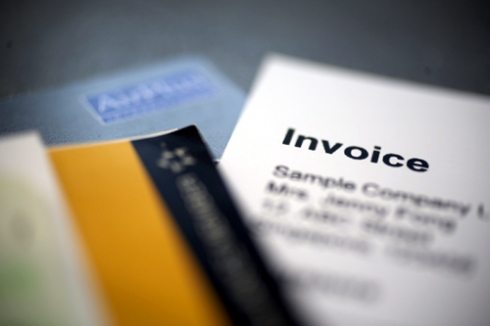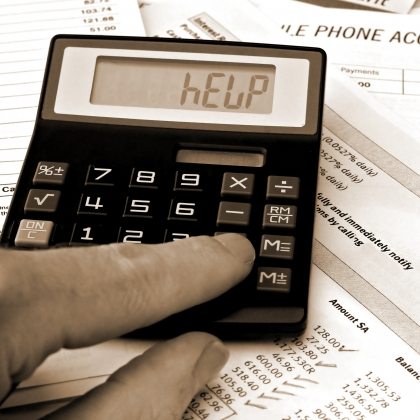A recent study by the Chartered Institute of Personnel & Development concluded that making job cuts should be the last resort in the current economic downturn, after revealing that the cost of laying off an employee could be more than £16,000. Against this another study revealed that 69% of Financial Directors feel under pressure from board colleagues to find more ways to cut costs.
Finance
Financial advice for owners and managers of small and medium sized business SMEs in the UK All your tax, borrowing and administration advice
UK business missing major cost saving opportunity
New research reveals businesses could do much more to reduce their business expenditure as it isn’t just MPs and Cabinet Ministers that should have an eagle eye on their expenses. The same goes for businesses throughout the UK.
New Year is crucial time for cashflow
With the countdown to the New Year underway, new research reveals businesses are in for a tough time during the first quarter of next year. Bibby Financial Services is calling on business owners and managers to ensure they have their finances in order to help them avoid recessionary pressures and making cuts to their business.
Irish start-ups given an essential first step
A new scheme has been launched in Ireland called Outvesting to give new start-up businesses with an essential €5,000 of seed capital from investors all pulled together via Twitter.
Looking for a complete online solution?
PayPoint.net, the leading online payments provider, and ePages, the foremost provider for online shops and website solutions in Europe, have joined forces to offer a comprehensive, scalable shopping solution for small and medium-sized online merchants.
Give your business a ‘cost healthcheck’
A recent study by the Chartered Institute of Personnel & Development concluded that making job cuts should be the last resort in the current economic downturn, after revealing that the cost of laying off an employee could be more than £16,000.
Against this another study revealed that 69% of Financial Directors feel under pressure from board colleagues to find more ways to cut costs. With Britain now officially in recession, how does a business keep costs in check to maintain a healthy bottom line without necessarily making redundancies?
Business owners bang on the money with employee claims
As MPs continue to face the aftermath of the expenses scandal, new research has highlighted that small businesses are well ahead of the government when it comes to transparency and expenses claims. More than eight out of ten (84%) business owners say they have always closely scrutinised expense claims forms and will continue to do so.
Businesses in ER
With insolvencies surging at an 18-year high, one segment of the economy benefiting from this trend is the turnaround investor.
Small businesses find some relief in budget
The chancellor introduced a boost to credit insurance and extended the scheme that allows businesses to offset tax incurred in boom times against leaner years
Business in ER
With insolvencies rising at their fastest rate for 18 years, these are good times for one group in the economy – the turnaround investor.
Green today gone tomorrow
It’s a special occasion and you’ve decided to spend your hard-earned cash on a hot air balloon ride for you and your true love. As you float through the sky without a care in the world, you feel calm, entirely protected by the glorified wicker basket which holds you aloft. It’s a picture of romantic bliss, complete with chocolates, strawberries and a bottle of Dom Pérignon chilling in a bucket for later. But whatever you do, don’t look down!
Happy New Year…?
To say that the markets have been turbulent in 2008 would be a complete understatement and the prospects for 2009 seem much the same. My prognosis is that while the markets may drop further, though providing a three to five year horizon is anticipated, this will look a good time to invest in hindsight.
FPB requests help with VAT cut for small firms
The Forum of Private Business (FPB) have met HM Revenue & Customs (HMRC) during the last few days to highlight its concerns about the administrative burdens placed on small businesses following the announcements that VAT will be reduced from 17.5% to 15% on Monday, 1 December.
Managing your cashflow
I recently visited a growing IT business in the M5 corridor – that hot bed of entrepreneurial IT businesses.
Getting gold in 2012
A Government Minister has described 2012 as the most important year since 1908, it will change the financial landscape in this country forever. No, not the Olympics, but “Personal Accounts” the Governments latest attempt to get the British Public to plan for their retirement after the ill-fated Stakeholder Pension Schemes and 2012 is currently pencilled in for the launch of these schemes.












